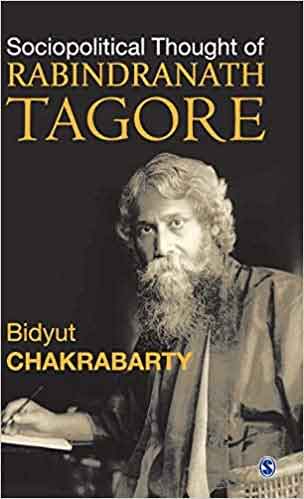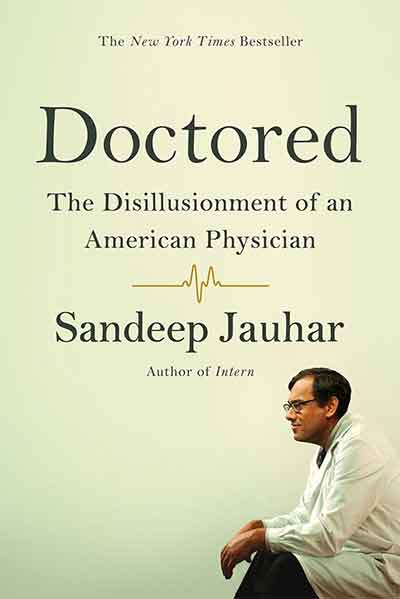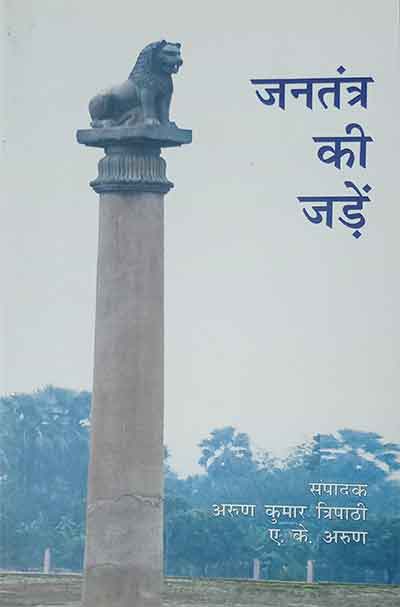
Eighty years after his death, Rabindranath Tagore continues to be written about. Any biographical or critical account of Tagore’s life and works — whether it is in Bengali, English or any other language — is noticeable and is received with reverence and respect. Rabindranath Tagore’s poem, ‘Where the Mind is Without Fear’, demonstrates the continuing universal appeal of the poet’s signature composition.
For the bard whose immortal lines reverberate even today — “If no one answers to your call, walk alone, walk alone” — no number of books can be enough to have another look at this great mind.
Tagore’s vision of transcending time, place, space and national boundary continues to resonate with people’s dreams and hopes all over the world. To read and understand Tagore, it is also necessary to understand the various national and global events of the late nineteenth and early twentieth century which critically shaped the poet’s language, incorporating distinct narratives.
The Socio-political Thought of Rabindranath Tagore by Bidyut Chakrabarty presents a comprehensive and detailed analysis of the socio-political, socio-economic and ideological preference of Tagore, with emphasis on nationalistic, inclusive and gender development ideas. It shows that Tagore’s socio-political ideas remain relevant not merely as a package for intellectual rejuvenation but also as a meaningful device for socio-economic transformation for the world.
Vice-Chancellor of Visva-Bharati, West Bengal, and former professor in the Department of Political Science, Delhi University, Bidyut Chakrabarty is a reputed academician having taught in prestigious universities across counties. Chakrabarty has also authored Public Administration: From Government to Governance, Winning the Mandate: The Indian Experience, Communism in India: Events, Processes and Ideologies, Indian Politics, Society since Independence: Events, Processes and Ideology and The Governance Discourse: A Reader. His new book, Socio-political Thought of Rabindranath Tagore — all of 400 pages — is a venerable account of Tagore’s mental universe, his idea of nationalism, his thoughts on socio-economic reconstruction, his understanding of gender issues, his approach to education and, finally, his comprehension of universal humanism.
Says the blurb: “Rabindranath Tagore, an icon of humanism and universalism who always privileged India’s argumentative traditions, remains a source of inspiration for humanity. However, Tagore’s social and political ideas appear to have received inadequate attention presumably because of the hegemonic influence of derivative Western ideas and thoughts. This is where Tagore stands out, not only as a poet but also a visionary who charted a course of action in tune with human betterment, cutting across all kinds of man-made barriers and customary restrictive social, economic and political practices.”
Chakrabarty sets out to understand Tagore’s political and social philosophy of universalism, humanism and cosmopolitanism, which the poet, to a large extent, inherited from his distinguished family lineage. As Tagore himself wrote, “It was as if we lived close to the age of pre-Puranic India through our commitment to the Upanishads. Along with that, there was a genuinely deep love of English literature among my elders.”
Writes Chakrabarty in the introduction: “An icon of humanism and universalism who always privileged India’s argumentative traditions, Rabindranath Tagore, popularly known as Gurudev, remains a source of inspiration for humanity. Born in a wealthy family with serious concerns for India’s cultural heritage, Gurudev designed, through his creative writings, a uniquely structured tapestry for India and the globe.
“Based on his own understanding of India’s cultural past, Tagore revived the lost socio-cultural traditions and ideological inclinations of the past just to develop a repertoire of knowledge that he thought was one of the effective means of rejuvenating a moribund nation reeling under colonialism.”
Chakrabarty writes in the prefacing remark : “The book is a historical document in the sense that it was written at a critical time in India’s recent history when the entire nation voluntarily accepted home quarantine to defeat the invisible enemy in the form of COVID-19 virus that led to a pandemic in 2020.This was a testing time for humanity and the exemplary steadfastness shown by everybody cutting across spatial boundaries once again proved that we win if we are united and fail when divided.”
The book offers insights into Tagore’s political viewpoint developed through his interaction with leading personalities and ordinary people in India and abroad. There are several contradictory layers in his political vision. Tagore admired Ram Mohan Roy, but differed from his ideological outlook and disdained Bengali elites for imitating their colonial masters. He disagreed with Bankim Chandra’s ‘aggressive nationalism’. Though he appreciated the Western ideas of scientific progress, he made a trenchant critique of imperialism. He attended meetings of the Indian National Congress (INC), but disapproved of its policies and scorned its leaders for mimicking the West in their language and attire.
Then, how different was Tagore’s universal humanism? Writes Chakrabarty: “A firm believer in the notion, Tagore stayed away from the hurly-burly of national politics. Despite sharing the nationalistic condemnation of the colonizer, Tagore never allowed this restrictive vision to cloud his concern for human emancipation.”
What makes the book noteworthy is the logicality, lucidity of the language and its wholesome approach. Engaging and informative, the book is an essential read to know Tagore’s belief in social cohesion and the all-inclusive approach articulated in his political ideas.
Title: Socio-political Thought of Rabindranath Tagore
Author: Bidyut Chakrabarty
Publisher: SAGE Publications India, 2021
Bhaskar Parichha is a journalist and author of No Strings Attached: Writings on Odisha and Biju Patnaik – A Political Biography. He lives in Bhubaneswar and writes bilingually. Besides writing for newspapers, he also reviews books on various media platforms.
Originally published in Borderless Journal
GET COUNTERCURRENTS DAILY NEWSLETTER STRAIGHT TO YOUR INBOX















































